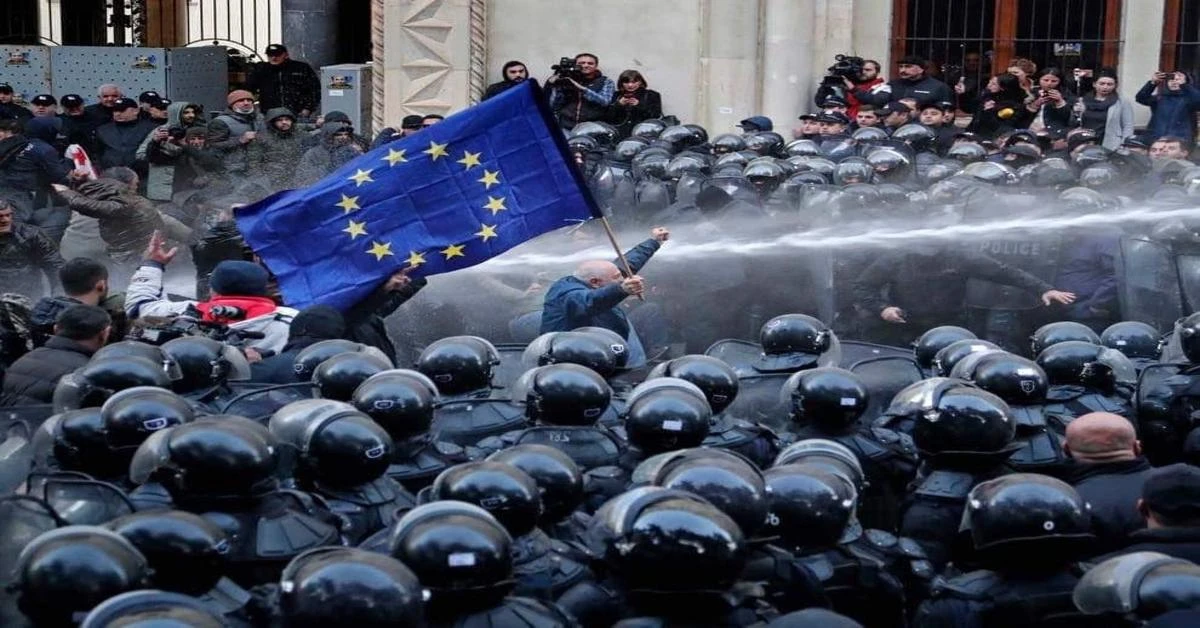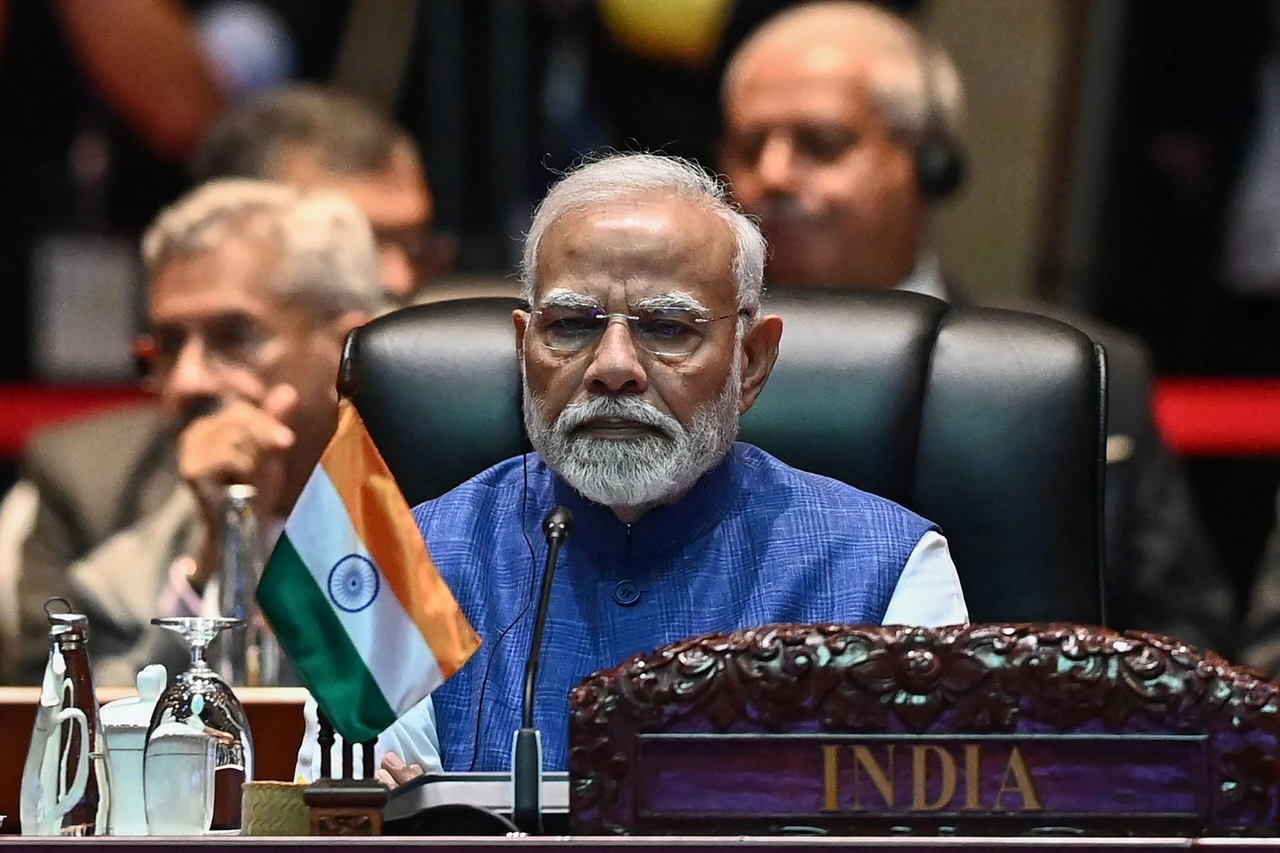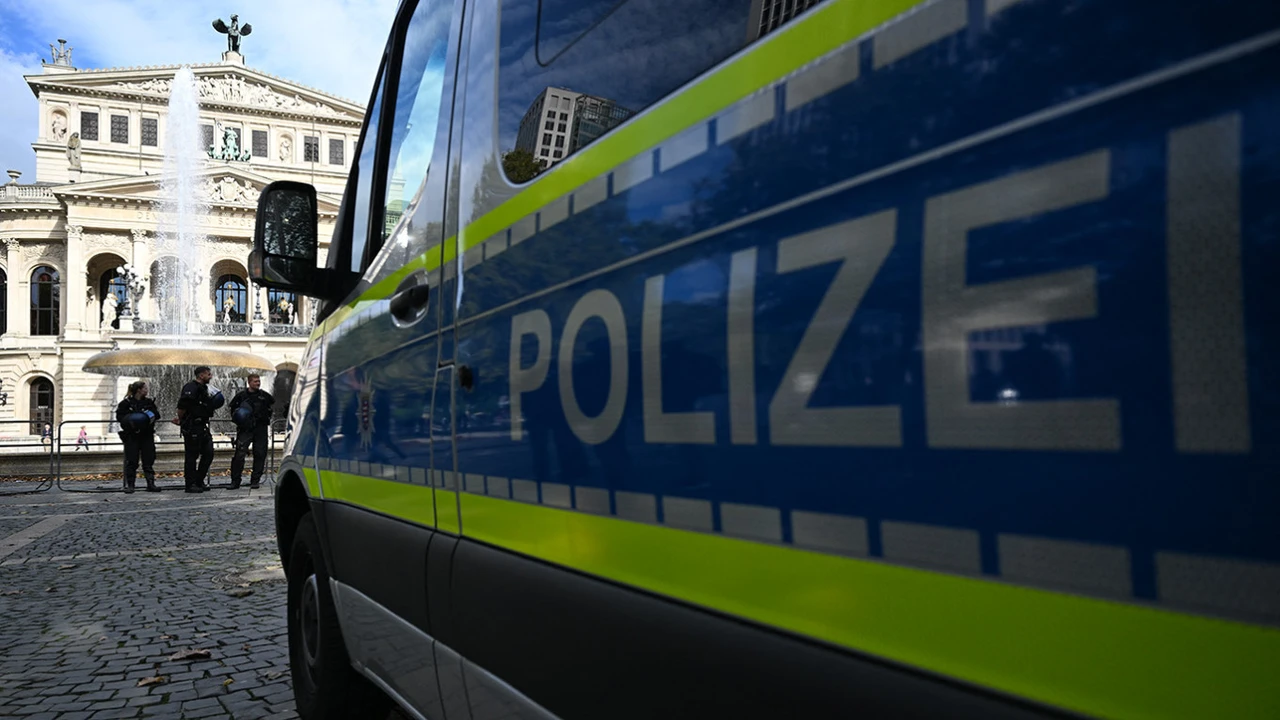Rule of law in decline across EU, Liberties study reports

Liberties’ extensive study across 19 EU countries shows a critical decline in legal and democratic safeguards, pointing to issues like protest restrictions, politicization of justice systems
A comprehensive report by a prominent civil liberties network warns of a significant decline in the rule of law across the European Union.
The report, which was compiled by Berlin-based Liberties and 37 other rights groups across 19 countries, indicates an alarming trend where legal and democratic checks and balances are increasingly being undermined.
In established EU democracies like France, Germany, and Belgium, challenges to the rule of law are sporadic but concerning.
However, the situation appears more severe in countries like Italy and Sweden, where far-right parties either hold power or exert significant influence. According to Liberties, the gradual erosion of the rule of law in these nations could become systemic.
Countries with recently reestablished democracies, such as Slovakia, Slovenia, and Poland, are facing a volatile situation where the rule of law can rapidly deteriorate or recover.
Executive director of the Civil Liberties Union for Europe (formally known as Liberties) Balazs Denes expressed concern over the EU’s slow response to these challenges.
He criticized the European Commission for its reluctance to effectively utilize available tools, such as infringement proceedings or conditional freezing of EU funds, to address rule-of-law backsliding.
The report cites Hungary as a case study of systemic rule-of-law issues and points to the influence of Hungary’s situation on similar trends in other nations. In France, concerns were raised about the undemocratic legislative process used to enact last year’s pension changes. In Germany, journalists face potential criminal prosecution for publishing certain judicial decisions.
In Italy and Sweden, the involvement of far-right parties in government has led to regression in the justice system, media freedom, and human rights. Slovakia’s populist Prime Minister, Robert Fico, is accused of dismantling democratic structures, whereas Slovenia is working to reverse the damage caused by its previous government.
Poland’s new government, led by Prime Minister Donald Tusk, is striving to restore liberal democracy and EU norms, an effort met with resistance from nationalist elements.
The report also highlights an increase in limitations on peaceful protests, particularly over the Israel-Gaza conflict, with several countries, including Belgium, Germany, and Sweden, introducing protest bans. Climate protesters in Western European countries are increasingly facing arrests and prosecutions.
Concerns about media freedom include the concentration of media ownership and attacks on journalists in several member states. Liberties also notes the disregard for the rights of refugees and migrants, with legal pushbacks and the regression of rights for unaccompanied minors being major issues.
Finally, the report warns of the politicization and underfunding of justice systems in several EU countries, pointing to potential risks, especially if extremist parties gain power.
In summary, Liberties’ report reveals a complex and concerning landscape for the rule of law within the EU, urging swift and decisive action to address these growing challenges.
Source: Newsroom



